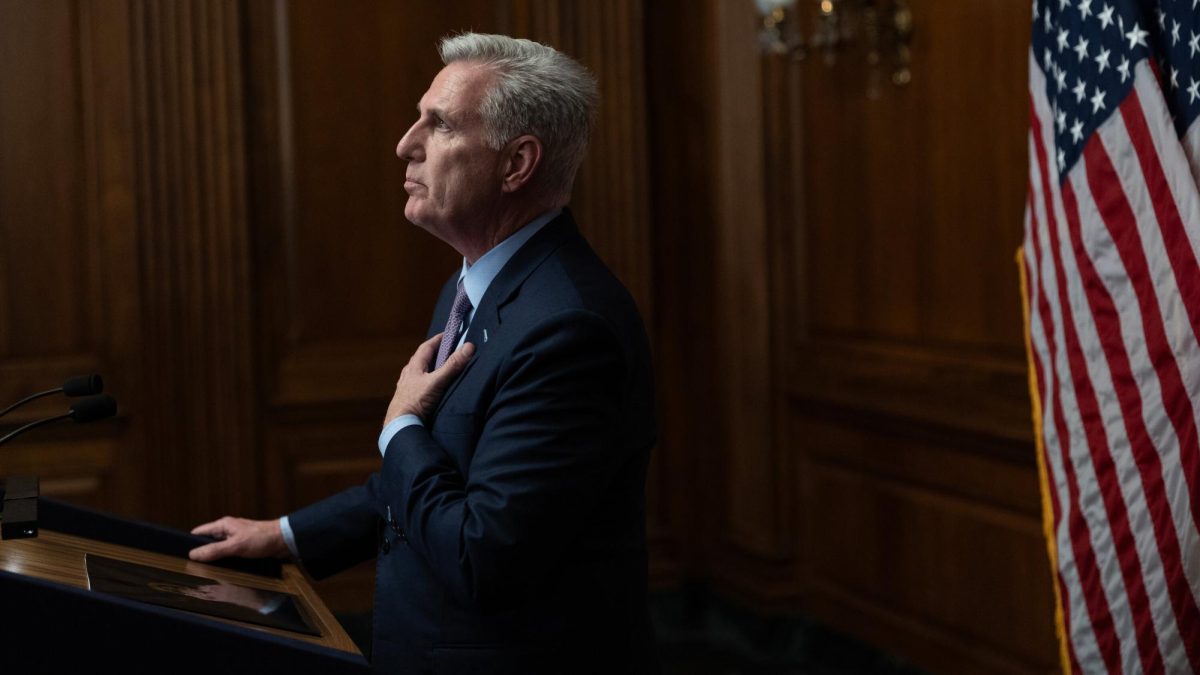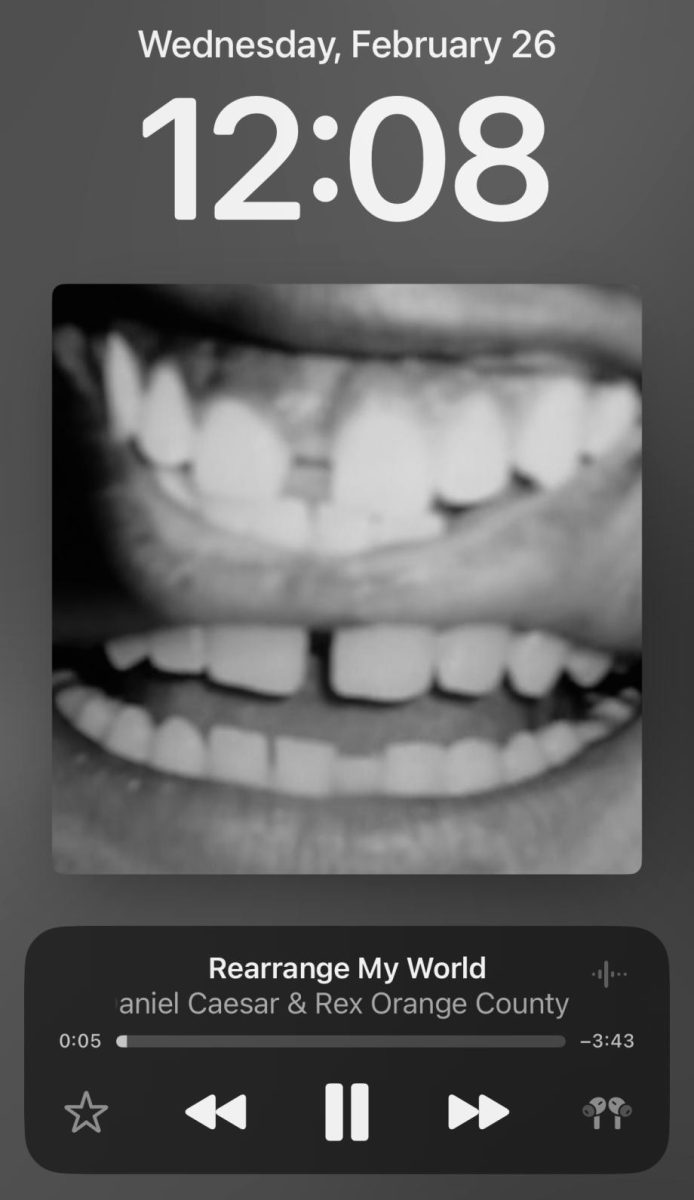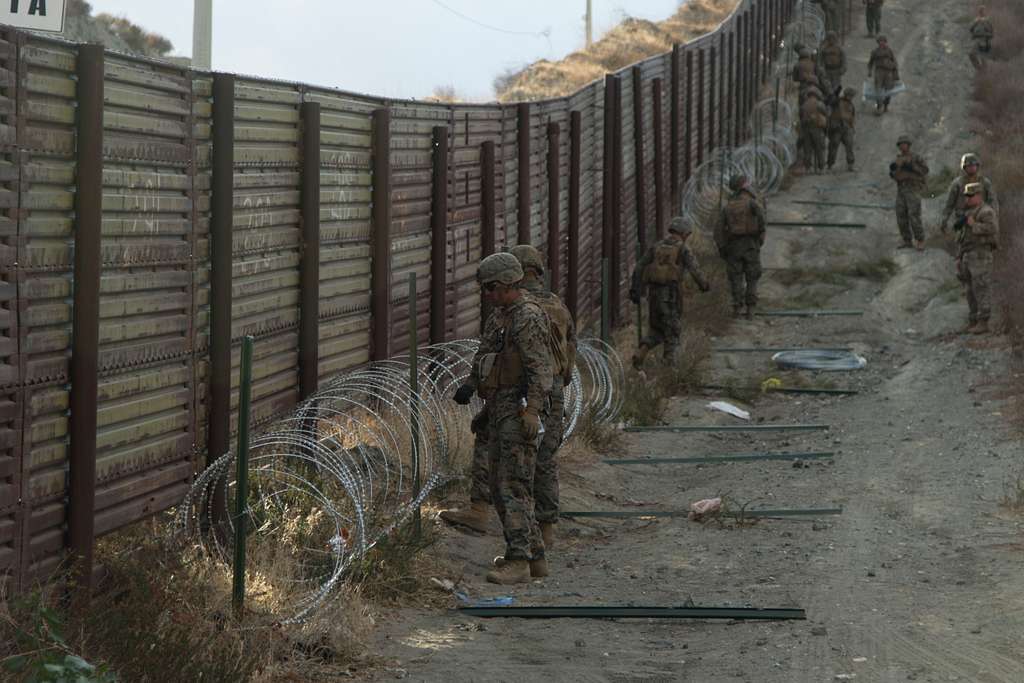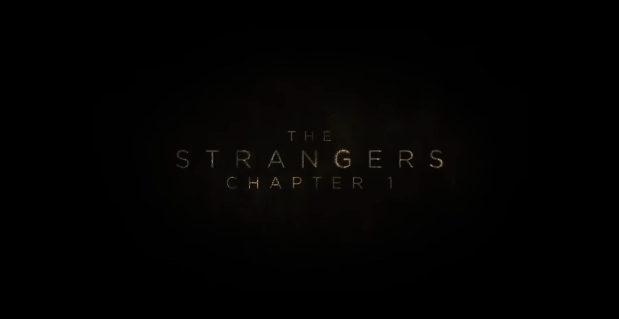Speaker of the House, an office defined by the constitution, an office 3rd in the line of succession for president, is now vacant. On October 3rd, House Speaker Kevin McCarthy, for the first time in American History, was motioned to vacate.
The motion was introduced by Republican Representative Matt Gaetz who, in a coalition with seven other Republican representatives and the whole democratic representative body, ousted speaker Kevin McCarthy.
The question stands now, who is speaker of the house? The answer: McHenry, current Speaker Pro Tempore and current North Carolina representative. This Speaker Pro Tempore, meaning “for the time being”, has limited powers, and thus has effectively paralyzed congressional headway. Congress is essentially powerless without an elected Speaker, especially worrisome following Hamas’s October 6th attack on the Israeli controlled Gaza Strip where the House and thus the US has had no way to respond.
So, one might reasonably ask the question, ‘Why has the house decided to implode in on itself?’. Some might assume that McCarthy must’ve ‘dropped the ball’ in some way, but for most Republican party members that is simply not true.
Preceding the events of October 3rd, the United States was facing a shut down. President Biden had just passed the Fiscal Responsibilities Act which had readjusted limits on appropriated spending, and thus congress now had to pass its yearly 12 appropriation bills. The only problem: both sides of the aisle fundamentally disagreed.
Republicans generally favored spending less government money than was specified in the Fiscal Responsibility Act, whilst the Democrats supported the new levels of spending and had the President’s veto in their pocket were appropriation bills passed.
Eventually, after much debate, both parties balked. No agreement was met with all 12 appropriation bills still not passed. The Government was due to shutdown September 30th when speaker McCarthy brought a continuing resolution to the floor. A continuing resolution would continue Government funding using previous year’s appropriations until a stated end date, as a way to delay either party’s negotiating and avoid a government shutdown. The only problem, he needed Democratic support.
McCarthy, armed with his new plan, was able to convince part of the Democratic representative to support him on the continuing resolution and was able to avoid Government shutdown. Yay! ‘Problem solved!’, but not actually.
Eight Hardline Republicans were dissatisfied that McCarthy ‘went over their heads’ and used support from the Democratic party to reach a compromise which not only stopped a government shutdown but that ‘corrupted’ Republican ideals. As such these eight, along with the whole Democratic Representative, cooperated in ousting the Speaker, McCarthy, for the first time in United States history.
What type of precedent does this set for congress, and is this something to worry about?
Don Lugo’s own Government teacher Ms. Bristow weighed in saying “…If the speaker doesn’t do what that small group wants they get rid of them and we enter a realm, potentially, of rotating leadership… but politics is politics and you’re always gonna have these sorts of things happening and unless they completely disrupt the workings of government the average American doesn’t have much to worry about, but I don’t like the idea that this could become a thing from both parties.”
I asked if she believed this was emblematic of what some have called an increase of polarization across the country.
She said, “Yes… it does seem that less of the parties are willing to work together, the extremes are tending to drive more of that narrative further in the sense that they are less willing to compromise”.









